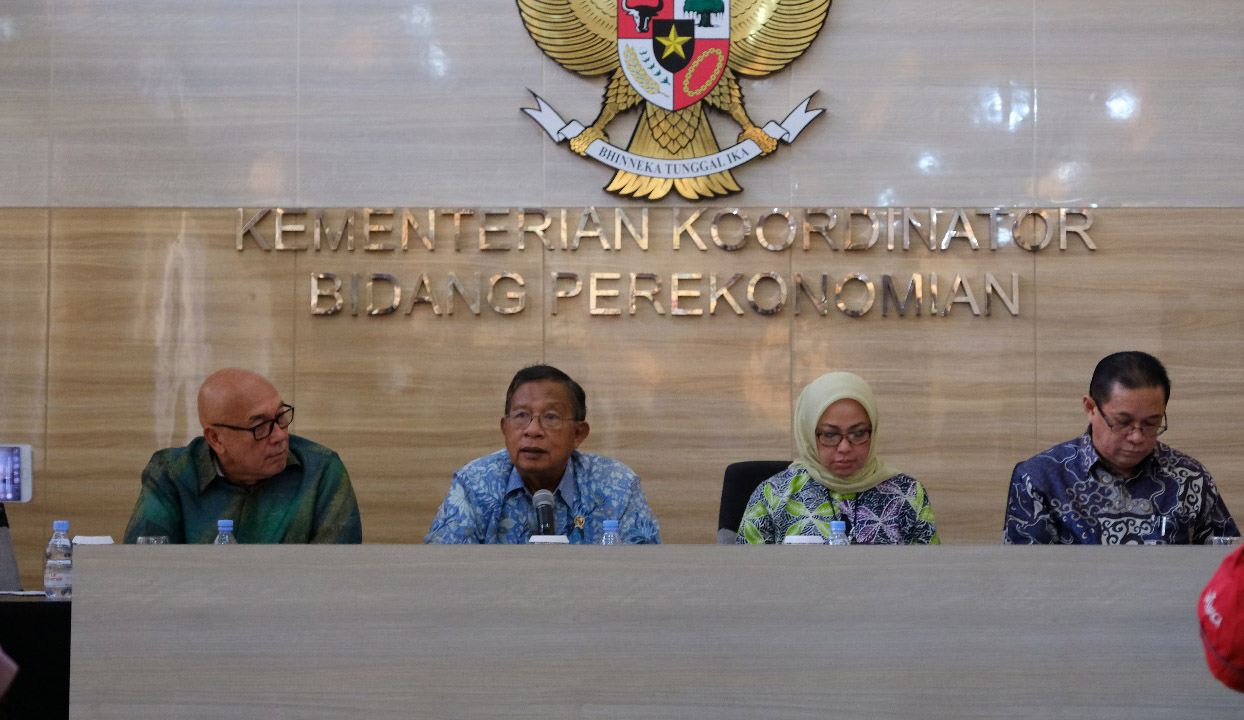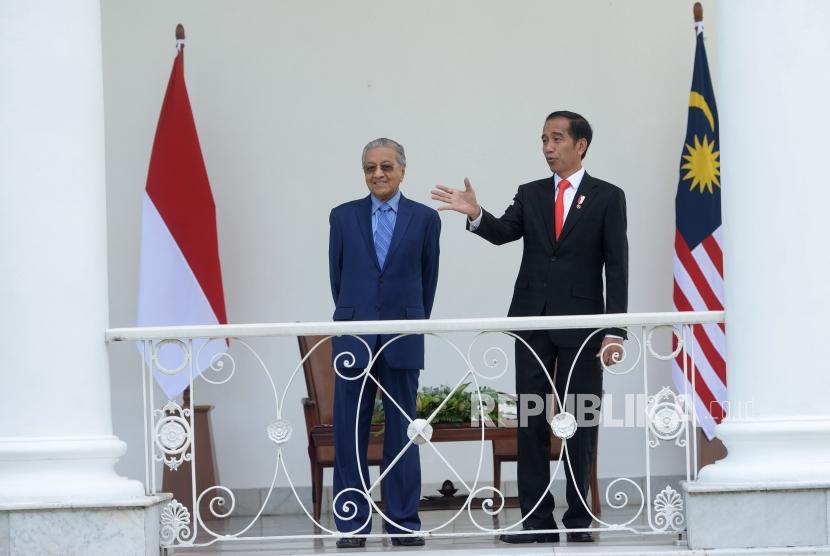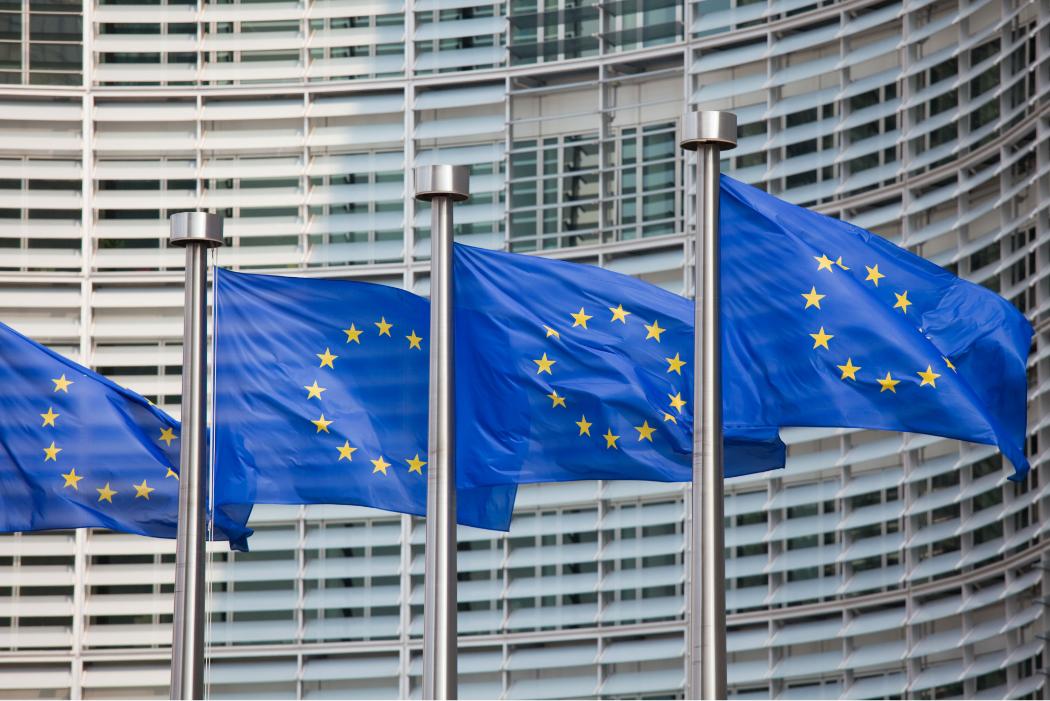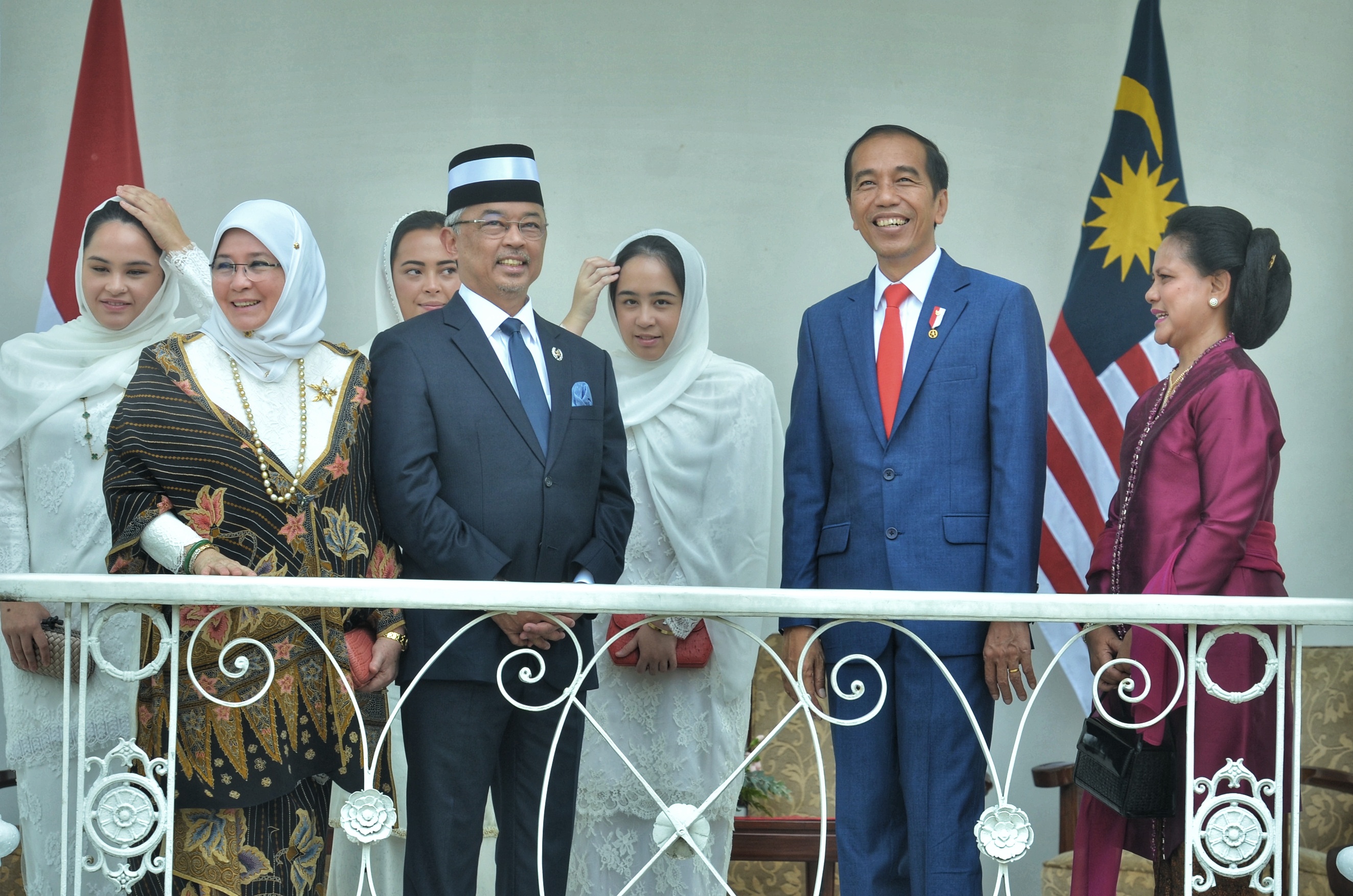Result of Palm Oil Joint Mission to the EU
A joint mission from Indonesia, Malaysia, and Colombia traveled to Brussels, Belgium, 8 to 9 April 2019, to voice their objection to the European Union’s delegated act that discriminates palm oil.

A joint mission from Indonesia, Malaysia, and Colombia traveled to Brussels, Belgium, 8 to 9 April 2019, to voice their objection to the European Union’s delegated act that discriminates palm oil. It was a diplomatic mission to protect smallholders and palm oil industry.
The delegated act, adopted by the EU, categorizes palm oil as a vegetable oil posing a higher risk of deforestation than other vegetable oils (Delegated Regulation/DR Article 3 and Annex). The delegated act is a derivative regulation of the EU’s Renewable Energy Directive II (RED II) concerning biofuels.
“The methodology and hypothesis adopted by the EU concerning the risk and bad impact of palm oil to deforestation was based on flawed standard, contrary to fact, and without impact analysis,” Coordinating Economic Minister Darmin Nasution said on press release, Friday (12/4/2019).
The following are Indonesia’s objections and concerns to the delegated regulation:
- In fact, palm oil is 8-10 times more productive in oil yield and fewer in land use than other vegetable oils;
- The demand for vegetable oils is keep increasing. Should the use of palm oil be phased out, there will be massive land area conversion for other vegetable oils;
- The decision to use 2008 as the base year to measure ILUC was based on flawed reasons. The use of 2008-2015 as the time series could be detrimental to palm oil but beneficial to other vegetable oils.
- There is a huge gap in understanding palm oil and its development policy;
- The massive negative campaign against palm oil industry has caused misconception about the product. (for example: in Italy, “Palm Oil Free” campaign is five times bigger than coca cola advertisement);
- There is a “competition” between palm oil and rapessed or sunflower oils.
- Indonesian government will have a discussion as soon as a new European Parliament is formed afresh after may 2019 election;
- Palm oil stakeholders in the EU should form a media of communications as the means of campaigning palm oil in the region.
- Multinational companies support Indonesian government to voice objection to the discriminatory practices.



































